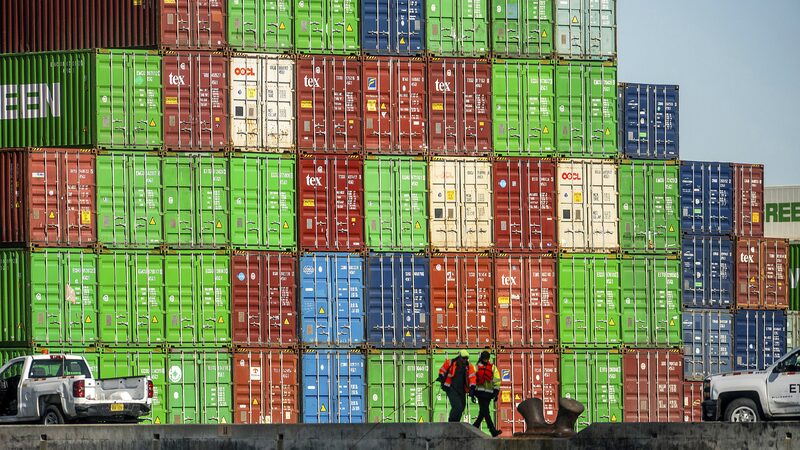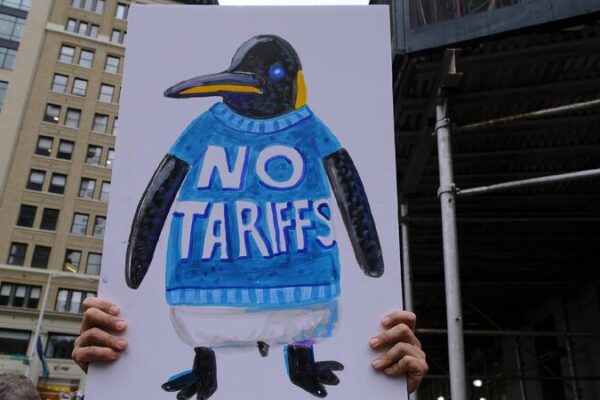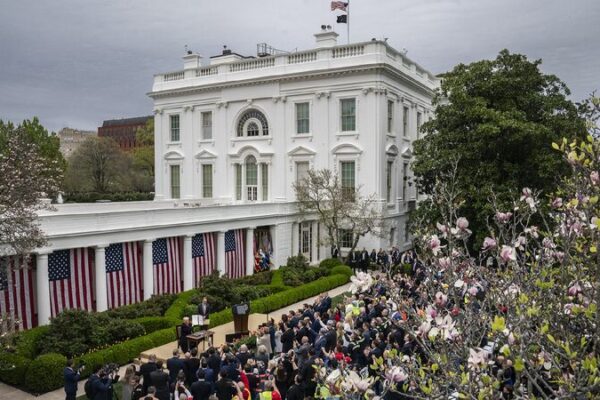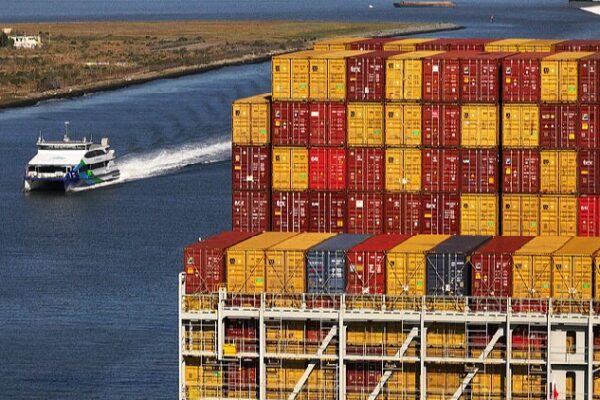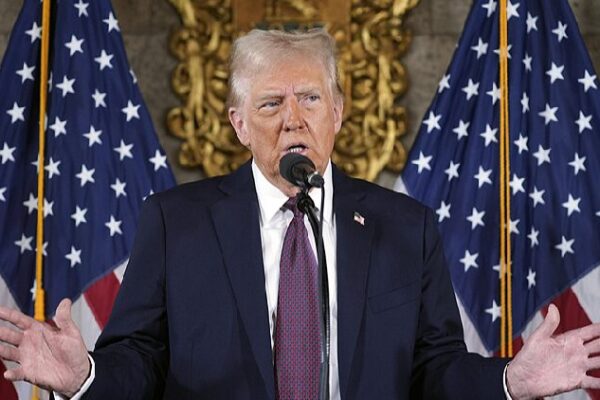The United States has started collecting President Donald Trump’s new 10% tariff on all imports from many countries, a move that has sparked turmoil in global trade and markets. U.S. customs agents began enforcing the tariffs at seaports, airports, and customs warehouses at 12:01 a.m. Eastern Time on Saturday.
This initial “baseline” tariff marks a significant shift in U.S. trade policy, signaling a departure from the post-World War II system of mutually agreed tariff rates. “This is the single biggest trade action of our lifetime,” said Kelly Ann Shaw, a trade lawyer and former White House trade adviser. Speaking at an event on Thursday, Shaw added, “This is a pretty seismic and significant shift in the way that we trade with every country on earth.”
The announcement of the tariffs earlier this week sent shockwaves through global stock markets, resulting in a record two-day decline for major indices. Investors, concerned about the potential for a recession, moved away from commodities and equities, seeking safety in government bonds.
Global Reaction
Countries around the world are grappling with the impact of the new U.S. tariffs. Despite having trade deficits with the U.S., nations like Australia, the United Kingdom, Brazil, Colombia, Argentina, and Saudi Arabia were among the first to be hit with the 10% tariff. Higher tariffs on goods from 57 larger trading partners are set to begin next week.
A U.S. Customs and Border Protection bulletin provided a 51-day grace period for cargo loaded or in transit before the tariffs took effect; however, the cargo must arrive by May 27 to avoid the new duties.
Trump’s higher “reciprocal” tariff rates, ranging from 11% to 50%, are scheduled to take effect on Wednesday. Imports from the European Union will face a 20% tariff, while goods from China will be subjected to a 34% tariff, bringing the total new levies on Chinese imports to 54%.
China has responded by implementing its own measures, including additional tariffs of 34% on all U.S. goods and export restrictions on certain rare earth minerals. A Chinese official stated, “The market has spoken” in reaction to the U.S. tariffs.
Calls for Dialogue
World leaders are expressing concern over the escalating trade tensions and are urging for negotiations to prevent further economic fallout. French President Emmanuel Macron said, “A trade war is in no one’s interest. We must stand united and resolute to protect our citizens and our businesses.”
British Prime Minister Keir Starmer emphasized his government’s priority to secure a trade deal with the U.S., potentially including tariff exemptions to mitigate the impact on British businesses. Japanese Prime Minister Shigeru Ishiba is seeking discussions with President Trump to address the issue, as Japan faces a 24% tariff.
Vietnam announced plans to negotiate with the U.S. after being hit with a 46% tariff on its imports. Italian Economy Minister Giancarlo Giorgetti warned against imposing retaliatory tariffs, cautioning that such actions could cause further damage.
While some products, such as pharmaceuticals, uranium, and semiconductors, have been exempted from the new tariffs, the U.S. administration is considering adding duties on some of these categories in the future.
These developments highlight the growing trade tensions and their potential impact on the global economy. People around the world are watching closely, hoping for resolutions that will stabilize international trade relations.
Reference(s):
U.S. starts collecting Trump's 10% tariff, upending global trade
cgtn.com
